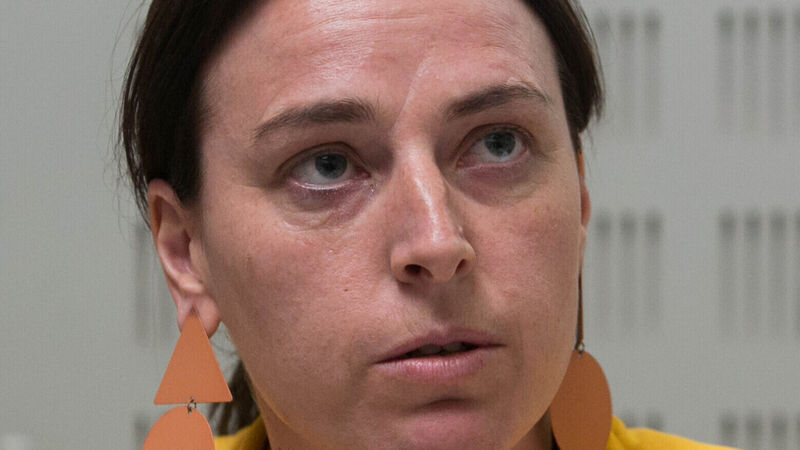Ruane: Idea of sexual history being discussed in court would have kept me from reporting rape

Senator Lynn Ruane: 'I'm conflicted as a woman who has been raped, and the thought, the idea that sexual history [could be discussed], that's something that I would have to contend with, is what would keep me out of the courtroom.'
Picture: Gareth Chaney Collins
A sitting senator who was raped said the idea of her sexual history being discussed in court would have kept her from reporting the attack.
Lynn Ruane, an independent senator who sits on the Oireachtas Justice Committee, asked a witness from the Bar of Ireland why the O'Malley Report, published last year, into how Ireland deals with sexual violence did not recommend the practice should be changed.










